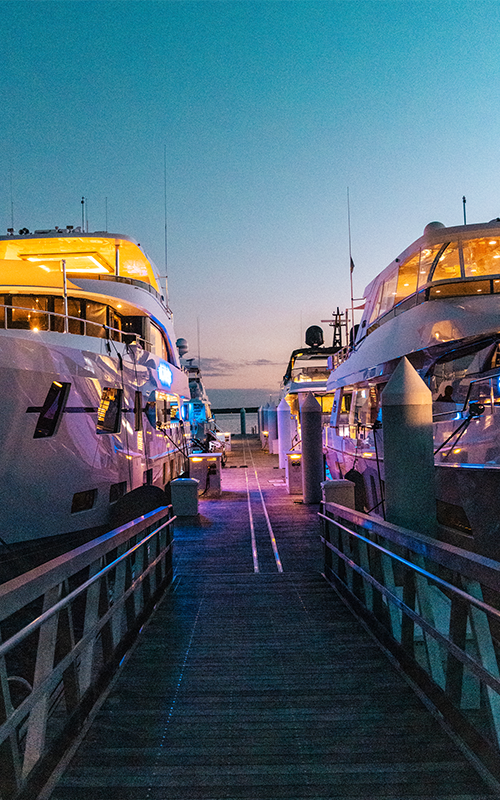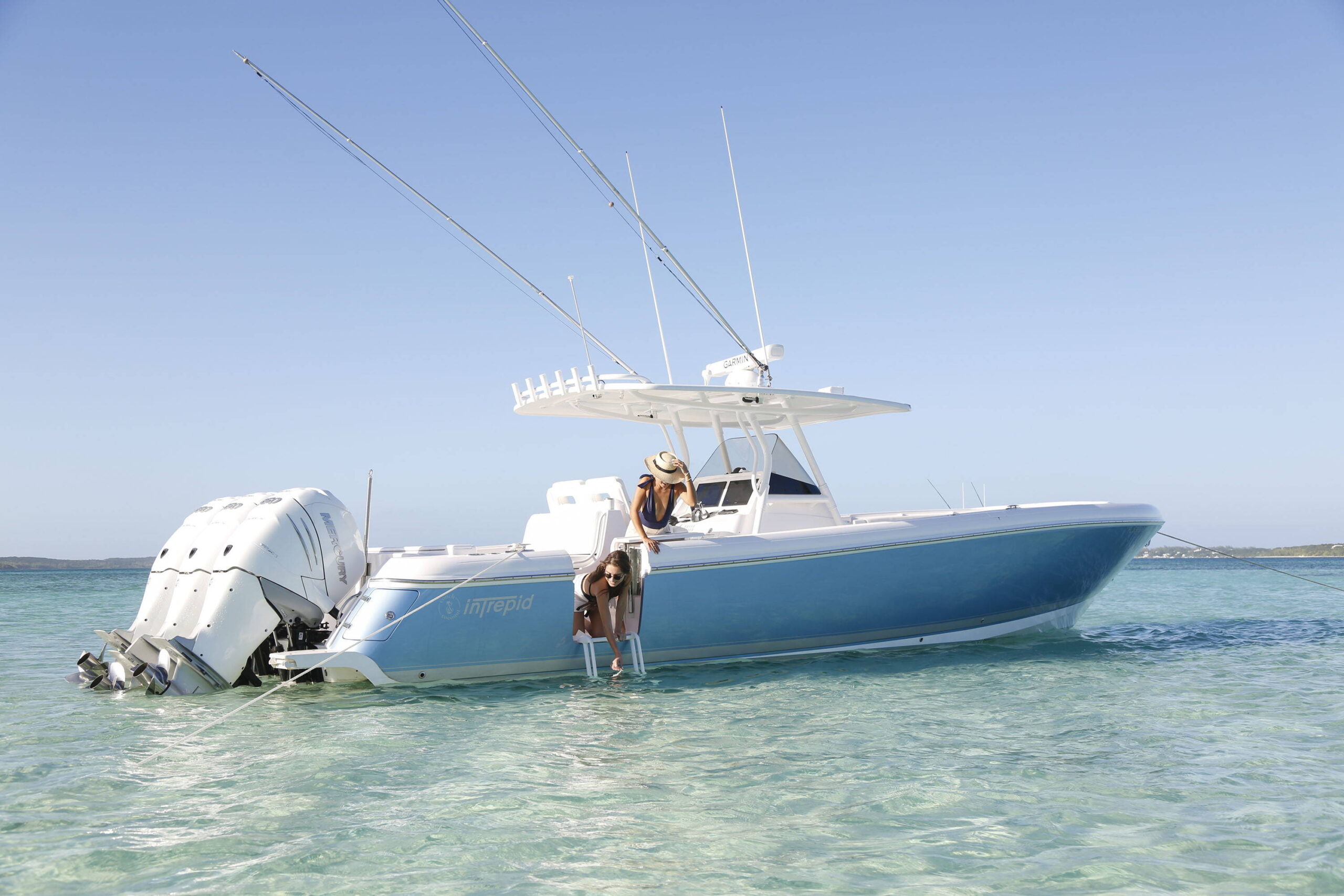
Starting July 1, 2025, the Government of The Bahamas will implement updated cruising permit fees across its waters, including those specific to Harbour Island. These changes aim to standardize maritime regulation and streamline revenue collection from visiting foreign vessels. Anyone planning to navigate these waters should review the new structure carefully and use this Harbour Island info to understand all updated fees before setting sail.
The revised boating fees Harbour Island now fall under two primary permit types: the Temporary Cruising Permit (valid for up to 12 months) and the FDCC, which lasts two years. For boats under 50 feet, the temporary permit will cost $500, while the FDCC will be priced at $1,500. Larger vessels between 50 and 99 feet will pay $1,000 for the temporary option and $2,500 for the FDCC. Yachts over 100 feet must pay $3,000 or $8,000 depending on their chosen permit type. These figures apply to all Bahamian waters, but Harbour Island remains one of the most frequented destinations, making this information especially relevant.
Additional costs include anchorage fees for boats not docked at a marina. Boats under 50 feet will pay $200 annually, while the rate increases to $350 for vessels between 50 and 99 feet and $1,500 for yachts exceeding 100 feet. Fishing permits, which are valid for 30 days, are also tiered: $100 for vessels under 50 feet and $300 for anything above. These charges are typically in addition to customs and immigration-related costs, which vary depending on where and how you clear into the country.
One important note that often catches boaters off guard is that tenders over 25 feet are treated as separate vessels and incur a $500 fee of their own. There’s also a $30 passenger tax for each non-resident over the age of six beyond the first three travelers aboard the vessel. These rules are part of a broader legislative overhaul designed to increase transparency, sustainability, and compliance across popular Bahamian boating zones.
Visitors will find that local regulations and procedures are being enforced more consistently thanks to digitized systems. While some long-time visitors have voiced concerns about rising costs, others appreciate the clarity and predictability the updated structure offers. The Harbour Island info being shared across boater forums and marine service sites emphasizes that travelers should plan ahead, prepare correct documents, and factor in all potential fees including anchorage and passenger taxes before arriving.
Ultimately, while the new cruising permit and boating fees Harbour Island are higher than in past years, they are aligned with the broader regional push for responsible tourism and environmental stewardship. When reviewed against similar destinations, Harbour Island remains competitive and attractive thanks to its tourism amenities, scenery, and access to nearby Dunmore Town. Travelers interested in tourism and experiencing the island firsthand will find that the updated fee structure rewards proper planning and offers flexibility through options like the FDCC for frequent visitors.

For those docking at marinas, here is a detailed breakdown of wet slip (dockage) rates and mooring fees on Harbour Island: